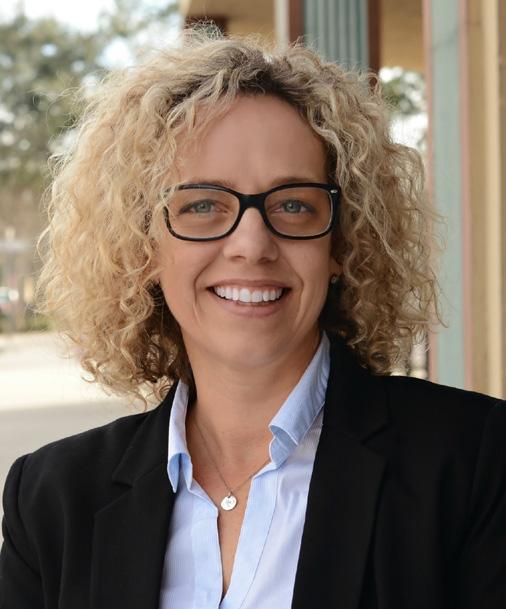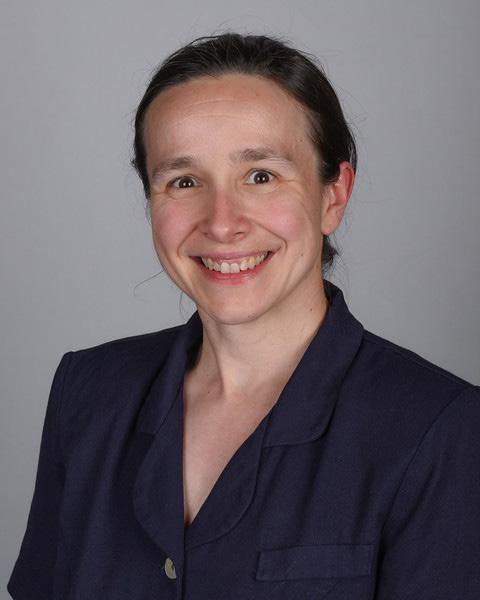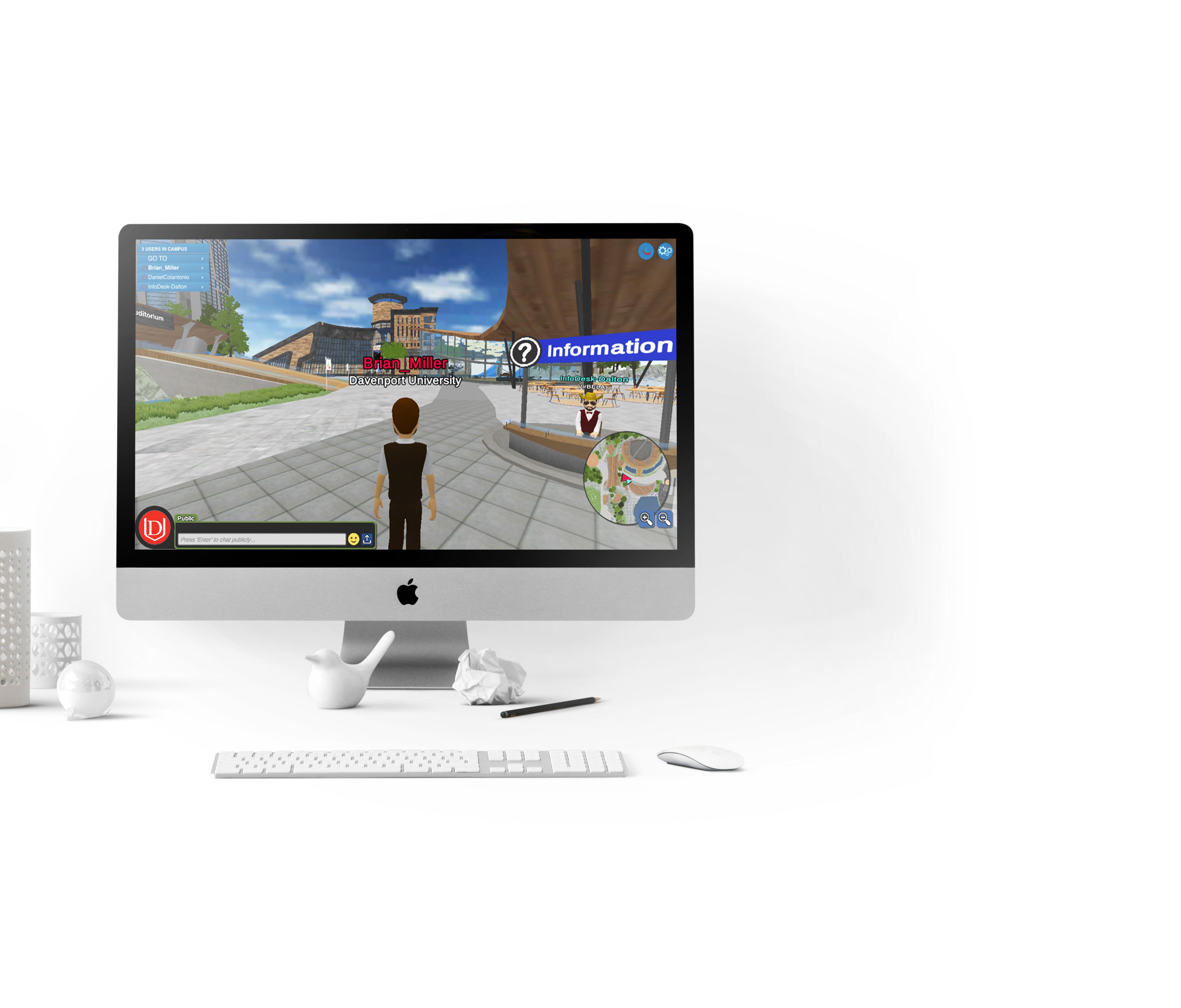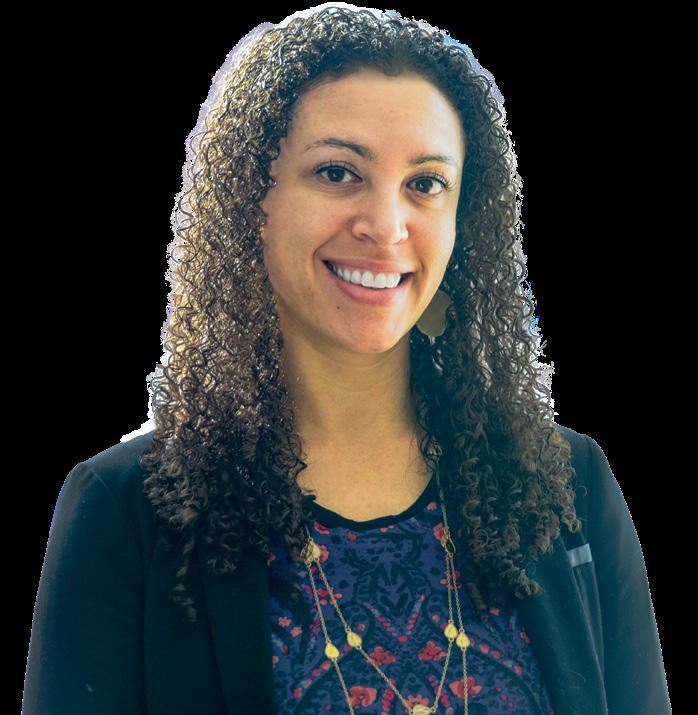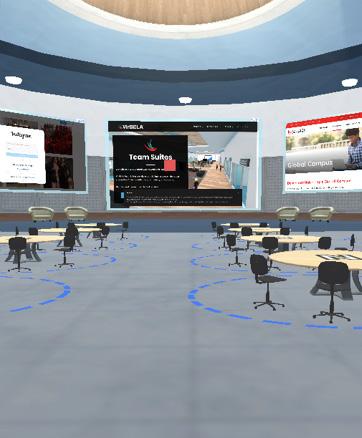COMPUTING A CURE
Professor’s computational research extends from staph to COVID-19
F
or Dr. Laura Harris, assistant professor and science laboratory coordinator at Davenport University’s Lansing and global campuses, doing cell research usually involves more hours at a computer than working with petri dishes at a lab bench.
Dr. Laura Harris
17 | DU Review
Over the past several years, Harris has been studying what changes inside a bacterial cell to make it resistant to antibiotics. She studies these changes using a custom computer program she developed while working toward a Ph.D. in biomedical informatics at Rutgers, The State University of New Jersey. Harris’ dissertation applied her computer program to solve for antibiotic resistance in Staphylococcus (staph) infections, a serious and sometimes deadly threat in health care.
“Biomedical informatics is a relatively new interdisciplinary field,” said Harris. “It’s focused on developing computer intelligence to solve complex challenges in biology and medicine.” As Michigan began its stay-at-home orders in March, Harris participated in the COVID-19 International Summit led by the American Society for Microbiology (ASM). She is the president of ASM’s Michigan chapter. During the summit, experts from across the nation set COVID-19 research priorities, so ASM could leverage its collective scientific expertise to advise on political decisions and coordinate global research efforts. Their ongoing research has since been recognized by the U.S. White House Coronavirus Task Force.
Summer 2020

